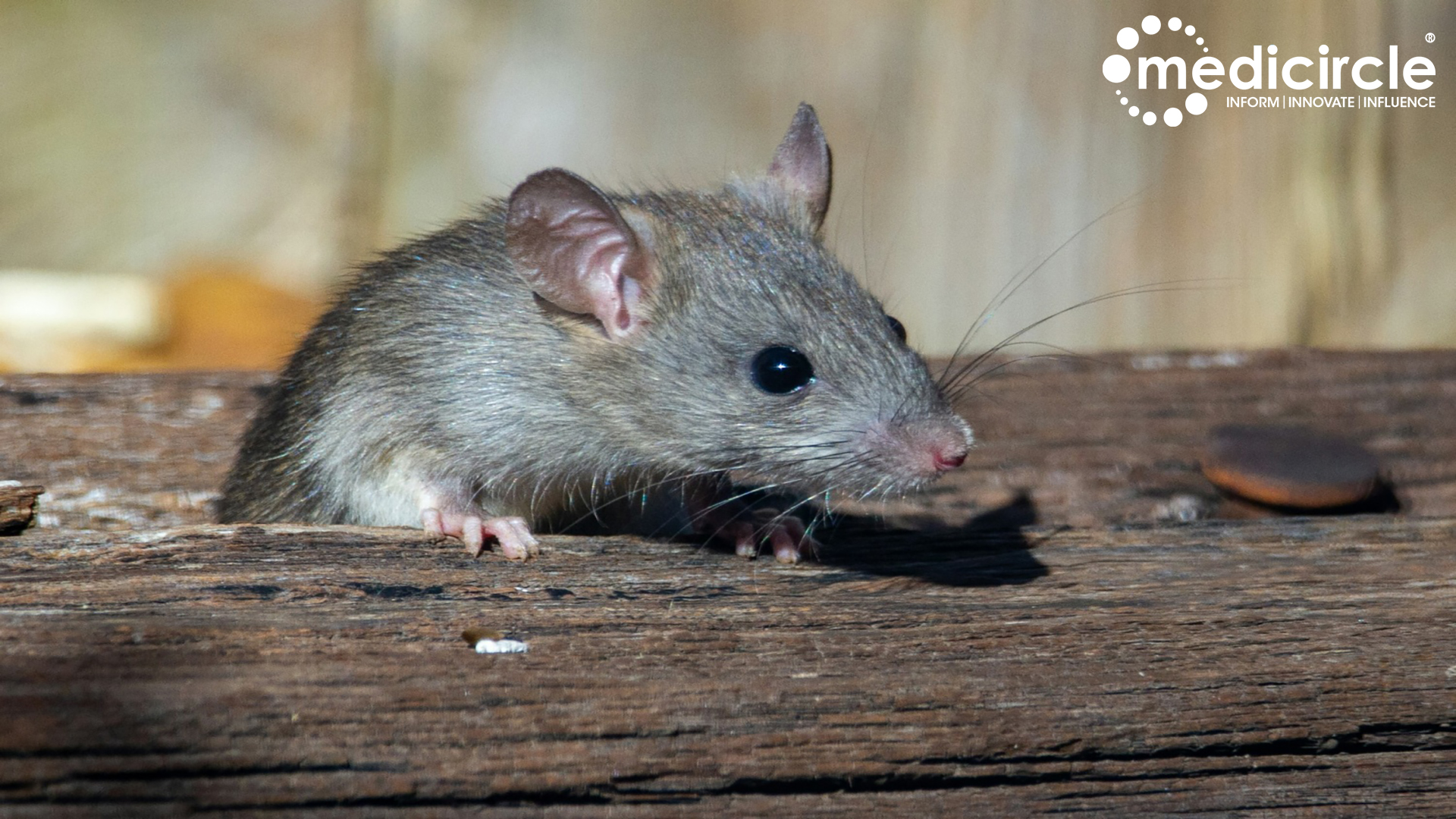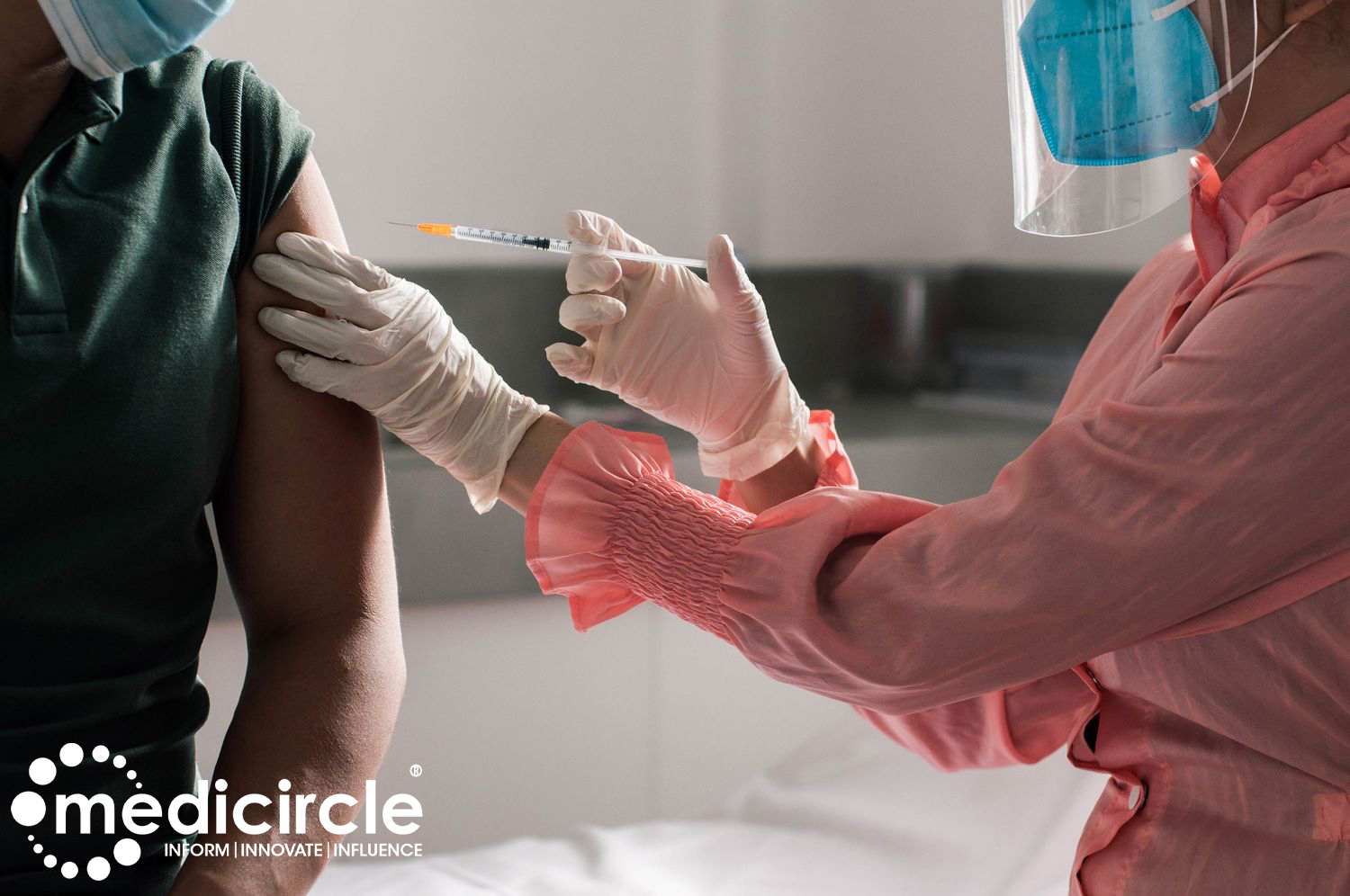In a startling case from Canada, a 76-year-old man was hospitalized with a severe bacterial infection after being bitten by a rat he encountered in his bathroom. This incident sheds light on the risks associated with rodent exposure and the potential health consequences of such encounters.
According to a case study published in the Canadian Medical Association Journal, the man discovered a rat in his toilet bowl and attempted to remove it, resulting in bites to two of his fingers. Initially, he sought treatment at the emergency department of a hospital in Montreal, Quebec, where he received wound care and a tetanus vaccine booster before being discharged.
However, complications arose approximately 18 days later when the man returned to the hospital with symptoms including fever, headache, and abdominal pain. Despite the wound appearing healed, he exhibited signs of low blood pressure, rapid heartbeat, kidney damage, and low blood platelet count—a condition known as thrombocytopenia.
Recognizing the severity of his condition, doctors admitted him to the Intensive Care Unit (ICU) as he began to show signs of multiple organ dysfunction and sepsis—a life-threatening condition triggered by infection leading to organ failure.
Subsequent blood and urine tests revealed that the man was suffering from leptospirosis—an infectious disease caused by the spiral-shaped bacteria Leptospira. Leptospirosis is a zoonotic disease prevalent in both humans and animals, with rodents serving as the primary reservoir for the bacteria.
Leptospirosis can present with a range of symptoms, including fever, headache, muscle pain, vomiting, diarrhea, cough, and skin rash. The disease's symptoms can resemble those of influenza or dengue fever, making diagnosis challenging.
Each year, over 1 million cases of leptospirosis are reported worldwide, resulting in approximately 60,000 deaths. Treatment typically involves antibiotics, although severe cases can lead to organ failure and require additional interventions.
In the case of the hospitalized man, he received antibiotics and intravenous immunoglobulin (IVIG) due to his low blood platelet count. Additionally, steroids were administered to address kidney damage. Fortunately, the patient showed signs of improvement over the following days and was discharged from the ICU after three days of treatment.
This case showcases the importance of taking precautions when encountering rodents, especially in domestic environments. Rat bites can pose significant health risks, as highlighted by the severe complications experienced by the patient in this instance. To prevent similar incidents and potential infections, individuals should exercise caution and seek prompt medical attention if bitten or exposed to rodents. It is essential to raise awareness about the risks associated with leptospirosis and other zoonotic diseases to ensure early diagnosis and effective treatment.
As research continues to advance our understanding of infectious diseases, healthcare professionals and the public must remain vigilant to protect against potential health threats posed by bacteria like Leptospira.

 Despite the wound appearing healed, he exhibited signs of low blood pressure, rapid heartbeat, kidney damage, and low blood platelet count—a condition known as thrombocytopenia.
Despite the wound appearing healed, he exhibited signs of low blood pressure, rapid heartbeat, kidney damage, and low blood platelet count—a condition known as thrombocytopenia.








.png)
.png)










.jpeg)

.jpeg)










.jpg)




.jpg)

